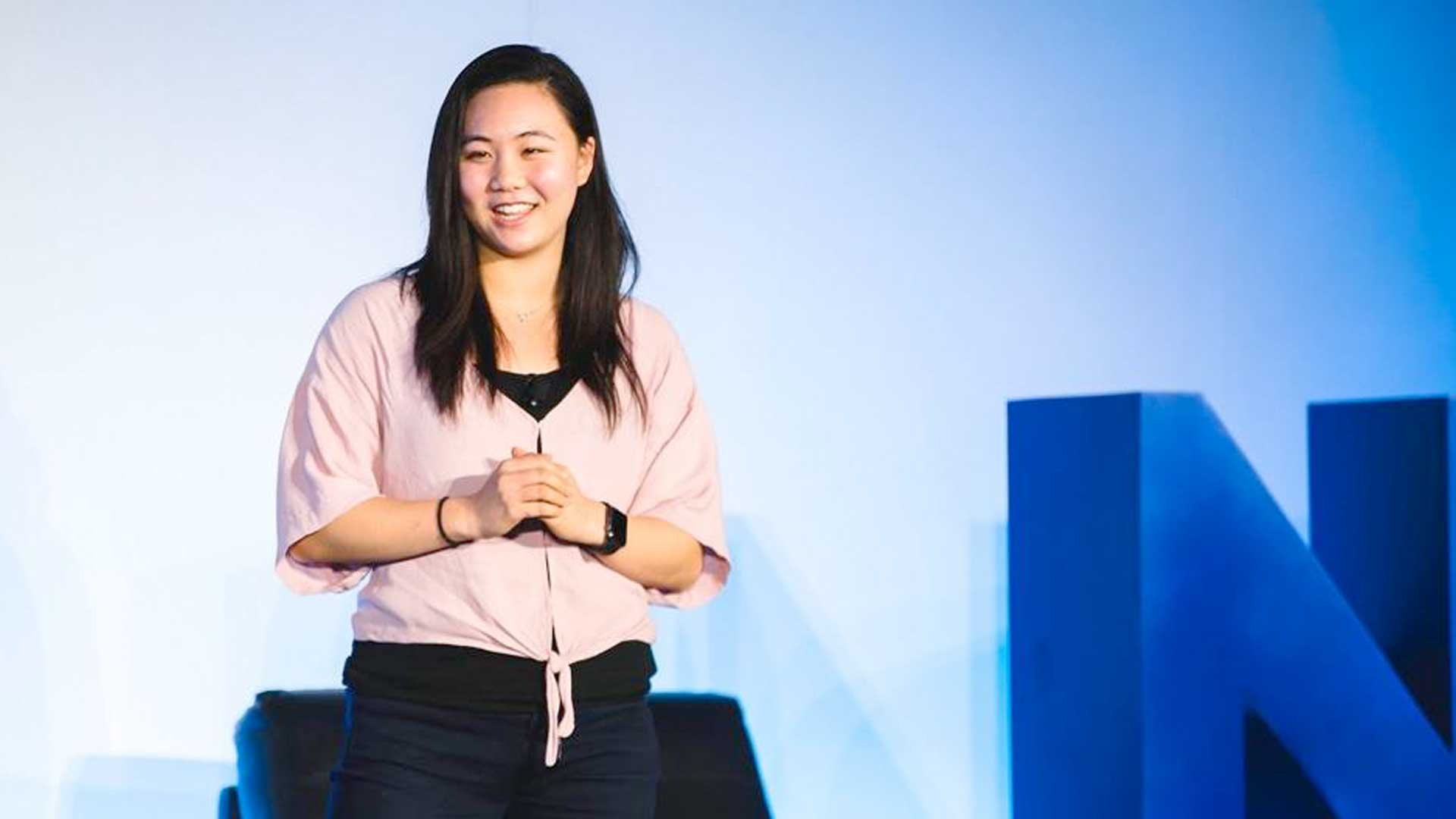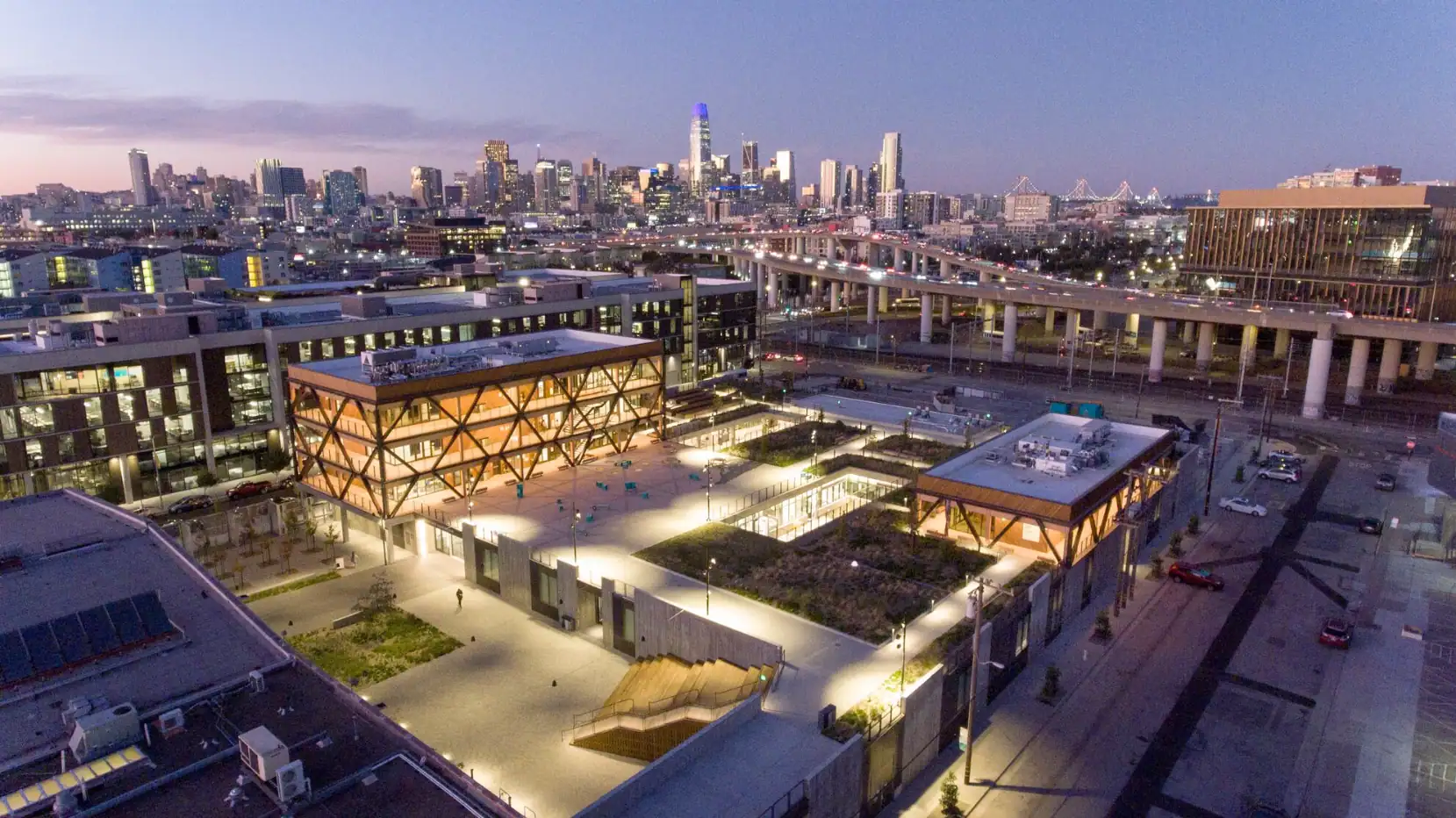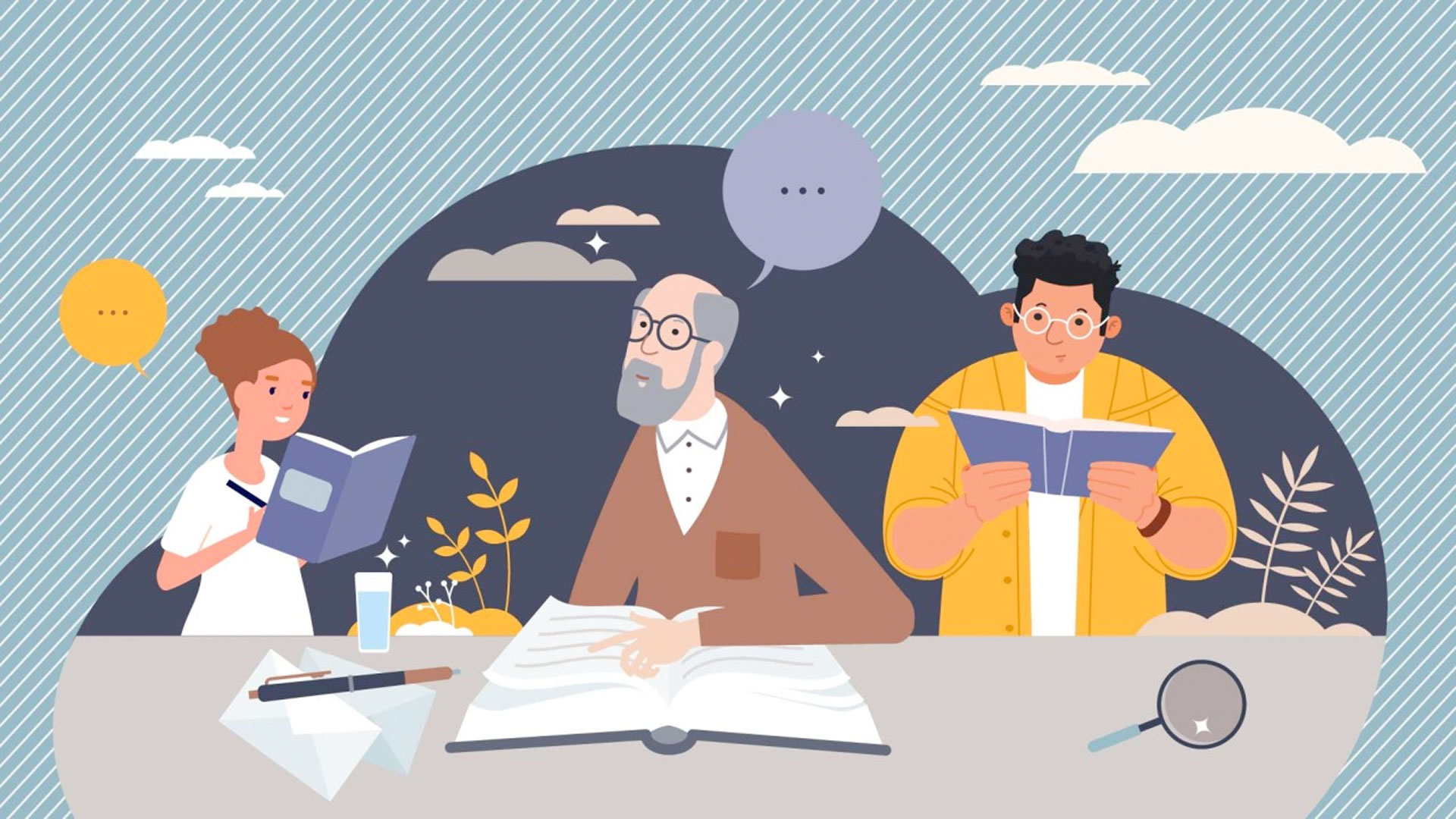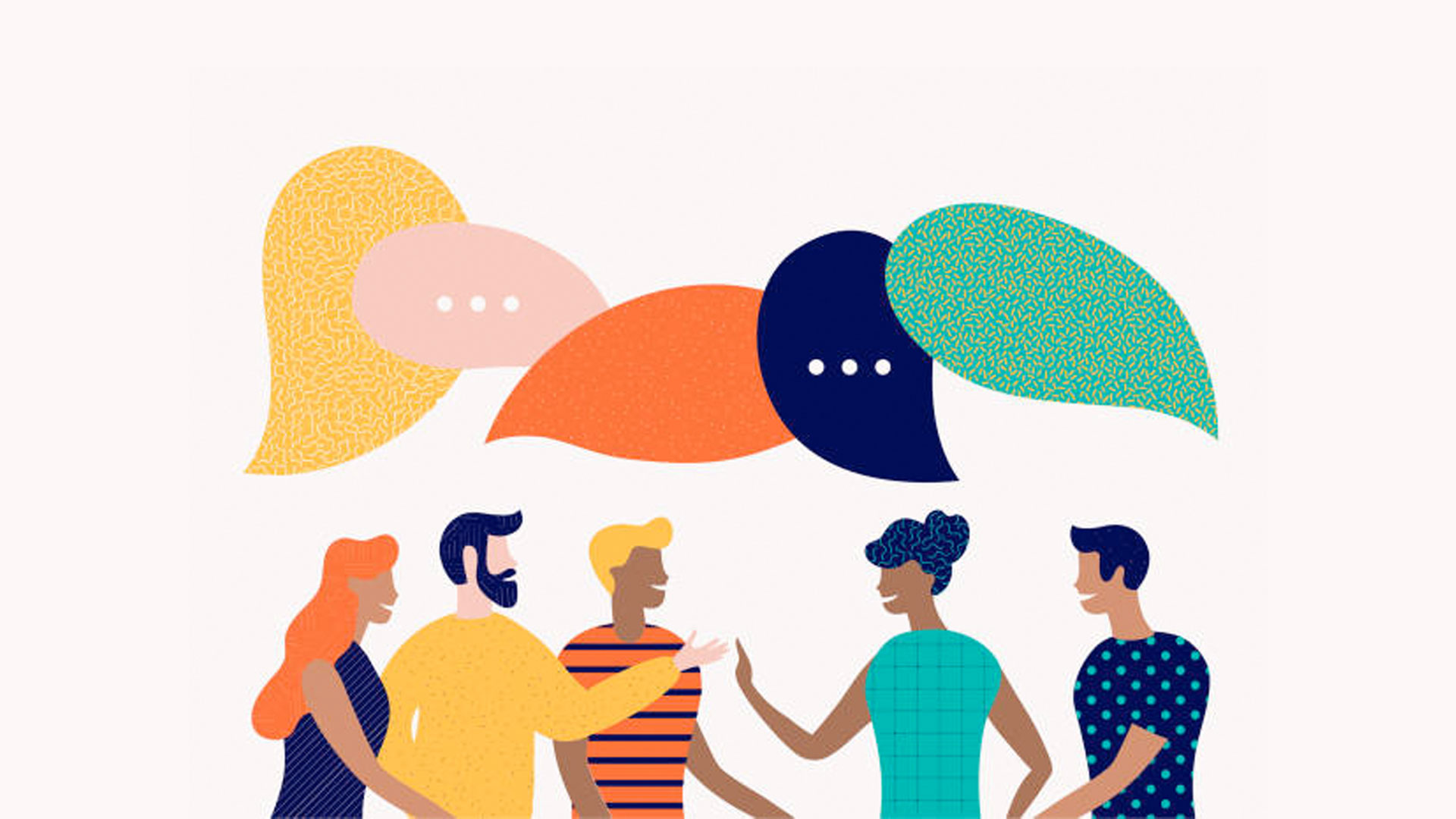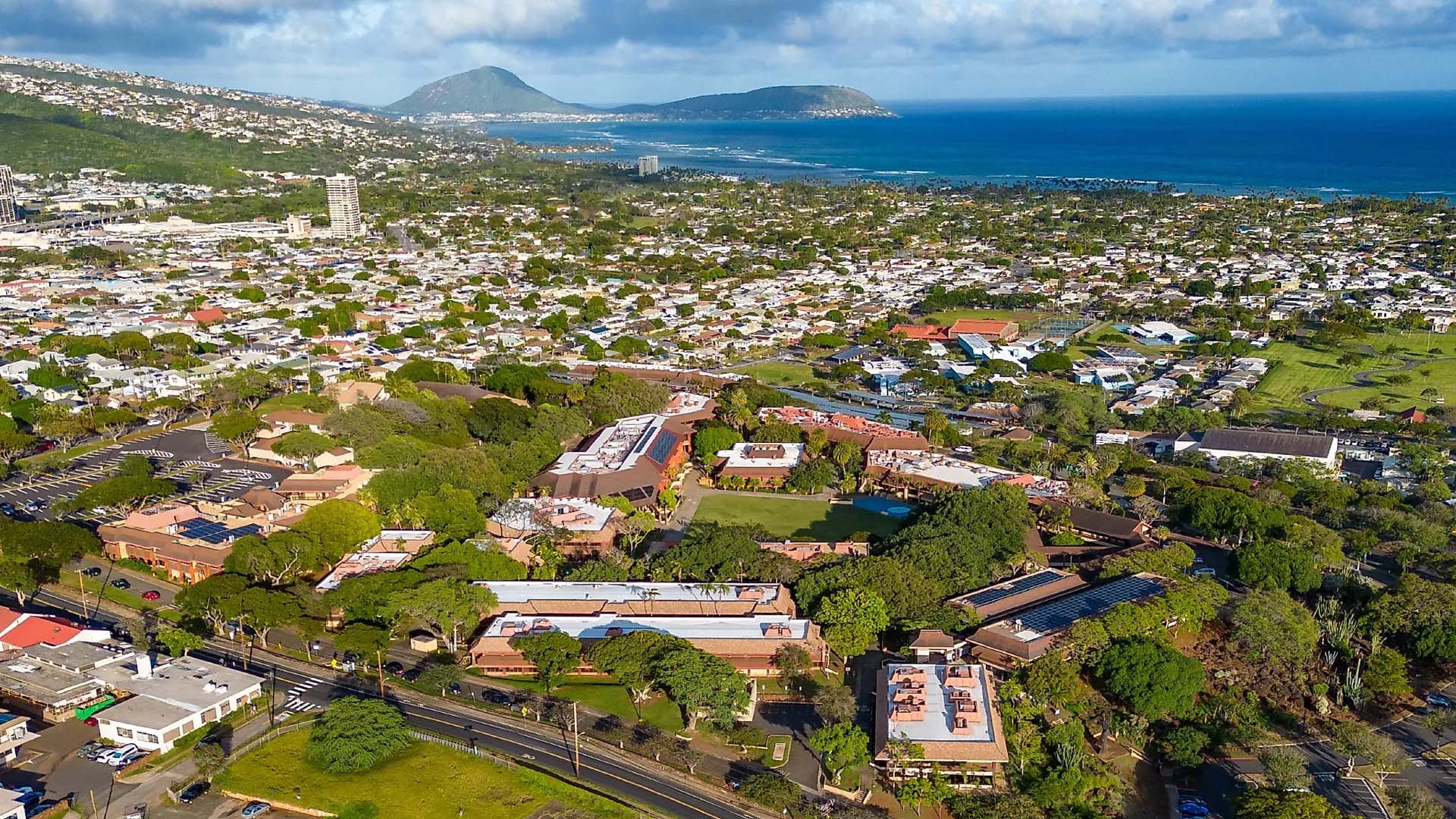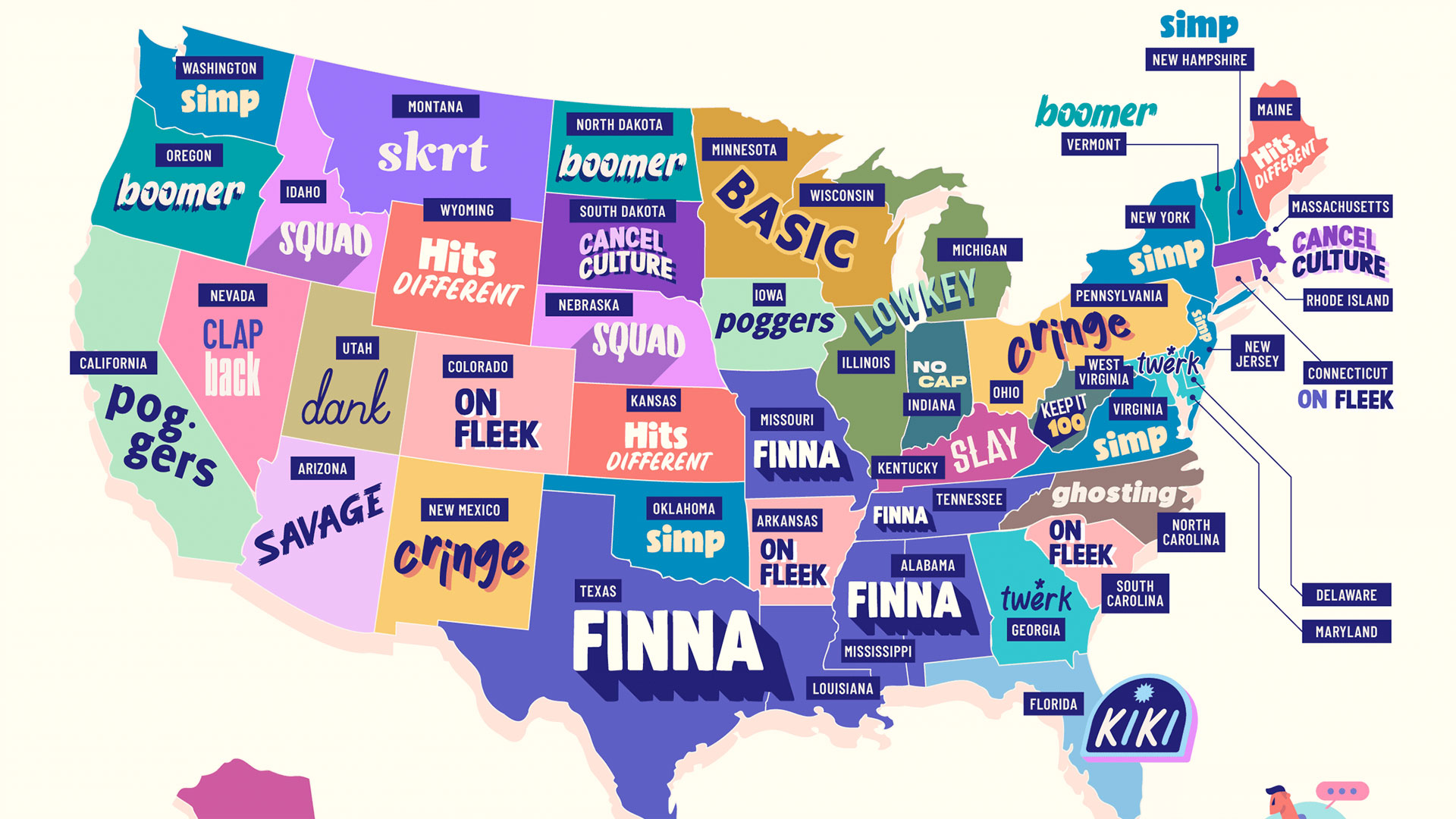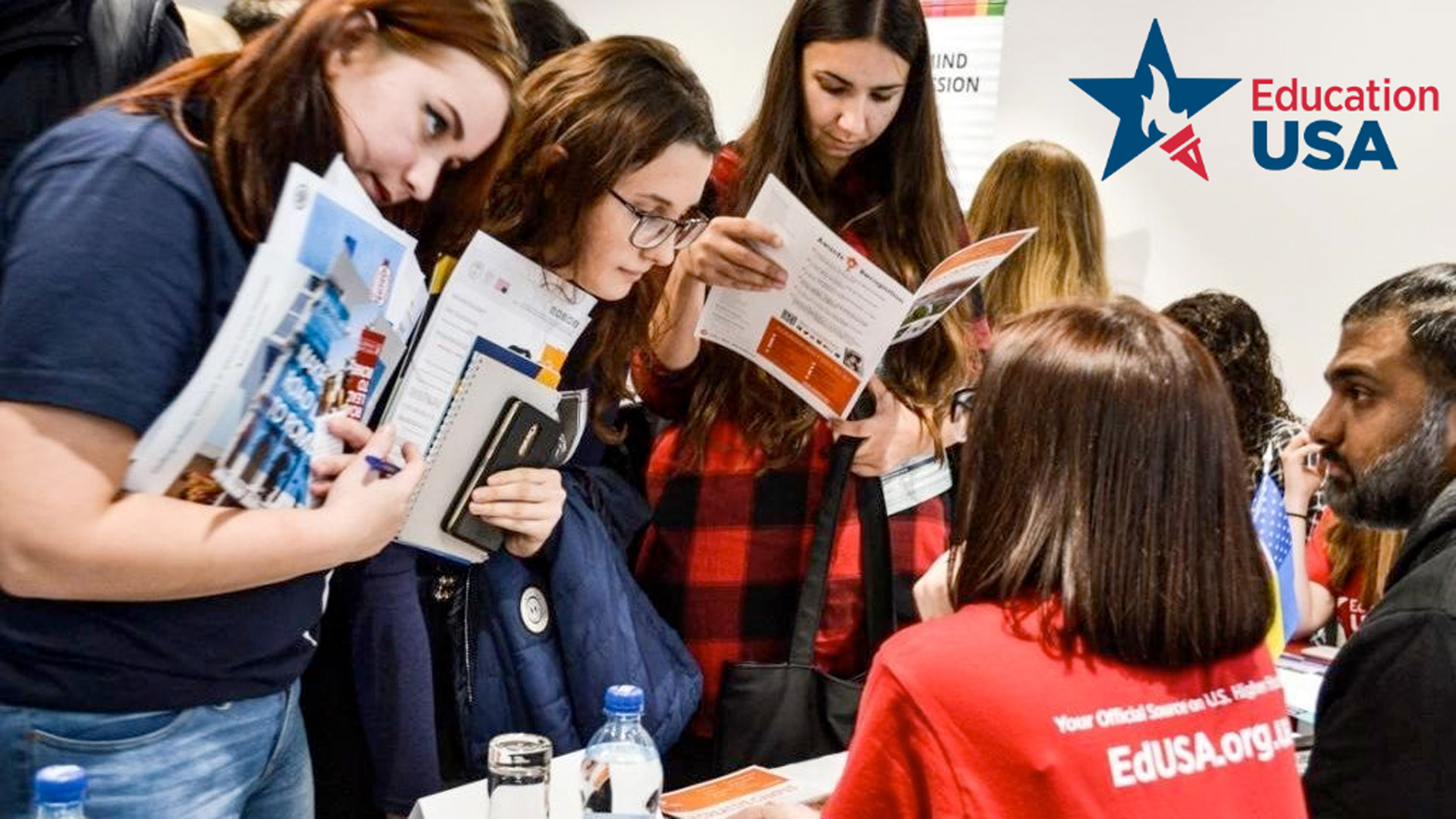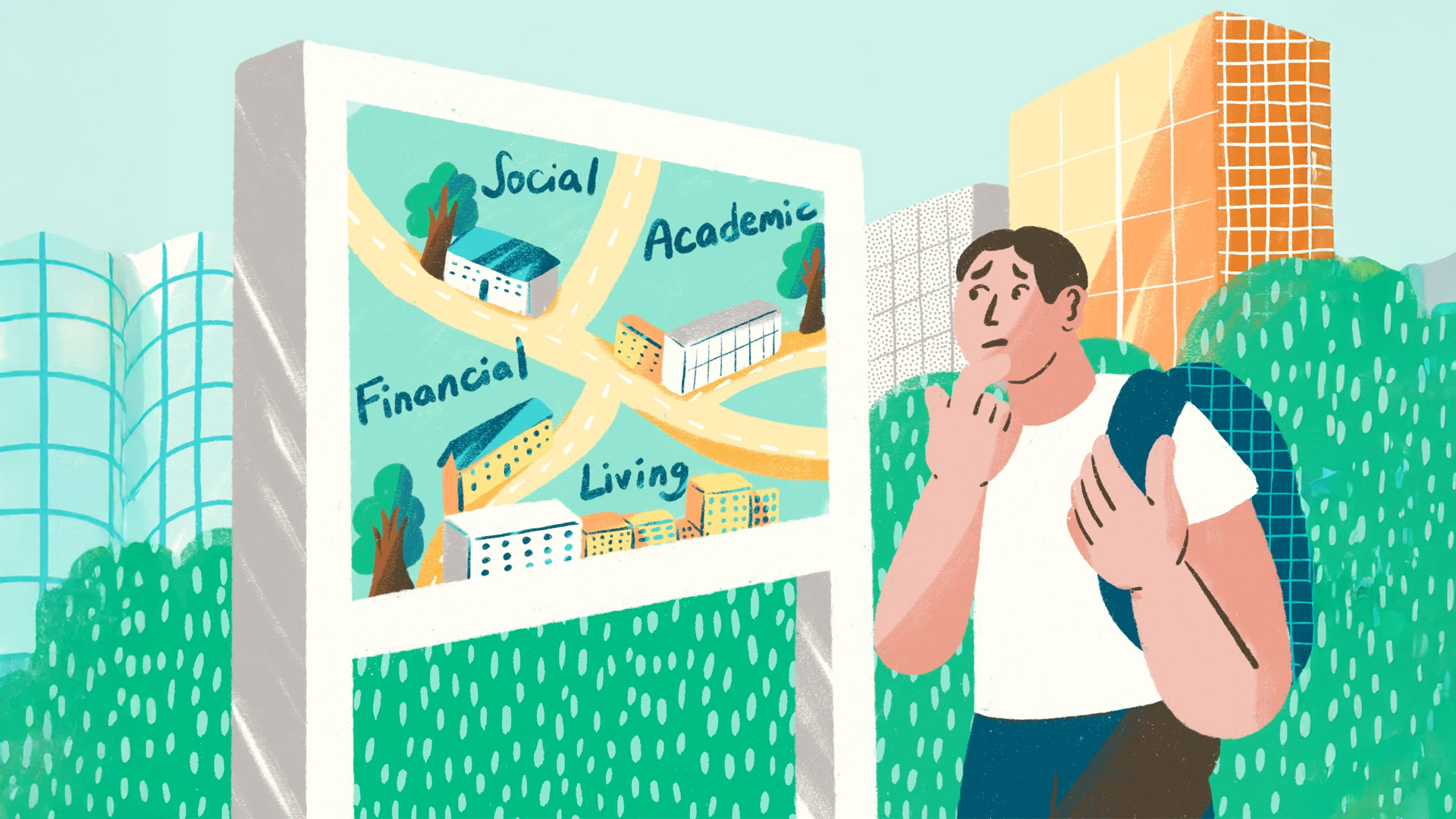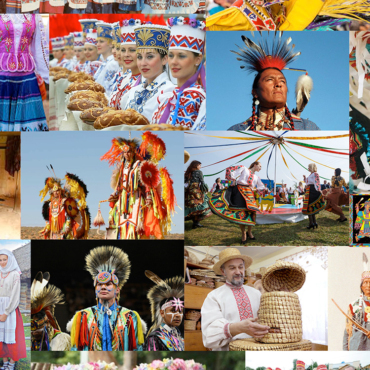Learning grammar and expanding your vocabulary is only half the battle to speaking English fluently. To really understand movies, TV shows, social media, and everyday conversations with Americans, you need to know slang – informal expressions that don’t often appear in textbooks but are everywhere in casual speech.
We’ve put together 15 popular American slang words and phrases that will help you sound more natural and better understand native speakers. Save this list – it’ll come in handy!
1. Ace (verb)
Meaning: to do something really well (an exam, interview, task)
Example: “I totally aced the interview!”
(I nailed the interview!)
2. Buck (noun)
Meaning: informal word for a dollar
Example: “It costs five bucks.”
(It costs five dollars.)
3. Couch Potato (noun)
Meaning: a person who spends a lot of time lying on the couch watching TV
Example: “Stop being a couch potato and go for a walk!”
(Stop lying around and go for a walk!)
4. Flake (noun/verb)
Meaning: an unreliable person who often cancels plans; or to cancel at the last minute
Example: “She flaked on me again!”
(She let me down again!)
5. Give the Cold Shoulder (idiom)
Meaning: to intentionally ignore someone, usually because you’re upset with them
Example: “Ever since our fight, he’s been giving me the cold shoulder.”
(He’s been ignoring me since our fight.)
6. Jacked (adjective)
Meaning: very muscular and strong
Example: “He got seriously jacked at the gym.”
(He really bulked up at the gym.)
7. Jonesing (verb)
Meaning: craving or strongly wanting something
Example: “I’m jonesing for some ice cream right now.”
(I really want some ice cream right now.)
8. Dead (adjective, about a place)
Meaning: empty, boring, no activity
Example: “This club is dead – let’s go somewhere else.”
(This club is boring, let’s go somewhere else.)
9. Take a Rain Check (idiom)
Meaning: politely decline an invitation now but suggest doing it later
Example: “Can I take a rain check? I’m really tired tonight.”
(Can we do it another time? I’m very tired tonight.)
10. Zonked (adjective)
Meaning: extremely tired or exhausted
Example: “After that long flight, I was totally zonked.”
(I was completely wiped out after that long flight.)
11. Cut It Out (idiom)
Meaning: stop it, knock it off (often said when someone is annoying)
Example: “Cut it out, you’re being annoying!”
(Stop it, you’re annoying me!)
12. Piece of Cake (idiom)
Meaning: something very easy
Example: “The test was a piece of cake.”
(The test was really easy.)
13. Screw Up (verb)
Meaning: to mess something up, make a mistake
Example: “I really screwed up that meeting.”
(I totally messed up that meeting.)
14. Lighten Up (phrasal verb)
Meaning: relax, don’t take things so seriously
Example: “Come on, lighten up! It’s not a big deal.”
(Come on, relax! It’s no big deal.)
15. In the Loop (idiom)
Meaning: to be informed, up to date on something
Example: “Please keep me in the loop on this project.”
(Please keep me updated on this project.)
Want to Sound Like a Native? Start Small
Adding these expressions to your speech will make you sound more natural and confident. Not only will you understand Americans better, but you’ll also feel more comfortable communicating.
Keep practicing, and soon English won’t just be a language – it’ll be your tool for real conversation.

